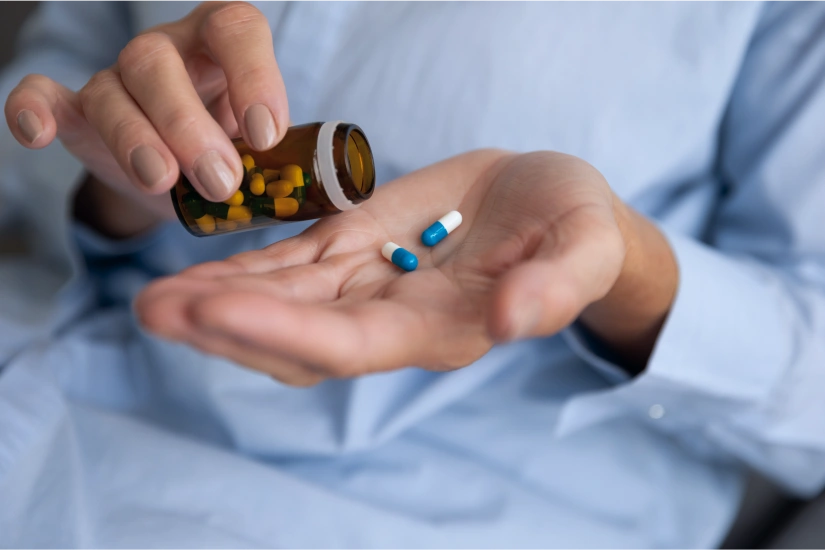24/7 Helpline:
(866) 899-221924/7 Helpline:
(866) 899-2219
Learn more about PTSD Treatment centers in Holloway

Other Insurance Options

WellCare Health Plans

UMR

Self-pay options

BlueCross
Beacon

Magellan Health

PHCS Network

Lucent

Optum

ComPsych

State Farm

Highmark

Anthem

Ceridian

GEHA

Optima

Cigna

Sliding scale payment assistance

Kaiser Permanente

Health Choice













